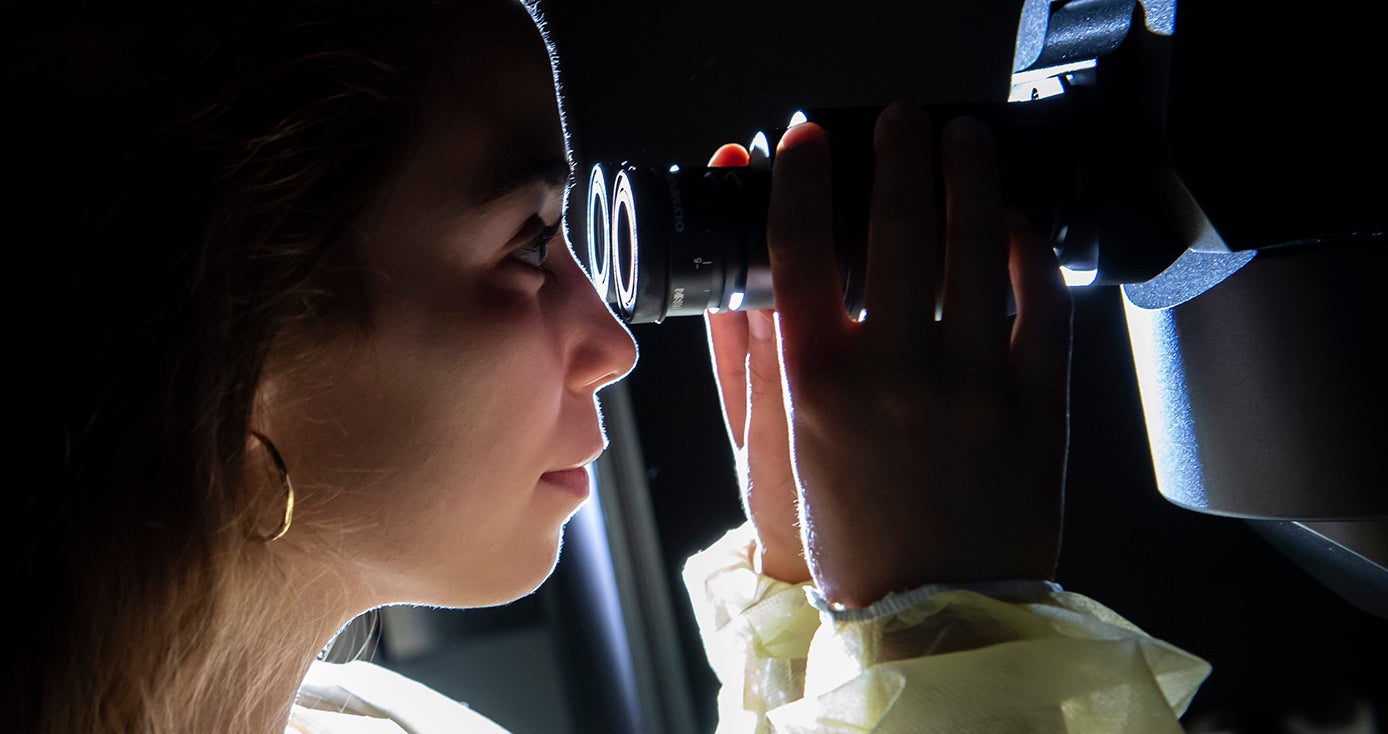
Subscribe to Pittwire Today
Get the most interesting and important stories from the University of Pittsburgh.Pitt Joins Wellcome Leap’s Global Network to Accelerate Breakthroughs in Human Health
The University of Pittsburgh has joined a multi-year partnership with the U.S. based nonprofit Wellcome Leap as a founding university member to help solve the world’s most serious health challenges involving cancer and infectious diseases at record speed.
In signing a master research agreement, Pitt joins 21 other leading academic and research institutions worldwide in the Leap Health Breakthrough Network. The University’s goals include breakthrough scientific and technological solutions in human physiology and bioengineering within a decade.
“The University of Pittsburgh is proud to play our part in this extraordinary opportunity,” said Pitt Chancellor Patrick Gallagher. “With our deep bench of health sciences innovators and bioengineering pioneers, Pitt can and will help fuel this ambitious global push to realize breakthroughs for society’s gain.”
The network’s mission is to spark a “Health Age” through three dimensions: accelerating the fundamental understanding of health and disease; changing time, money and risk in development of diagnostics, treatments and preventions; and shifting speed, scale and equity in delivery globally.
“Through this partnership, Pitt will be at the cutting-edge intersection of medicine and engineering,” said Rob A. Rutenbar, Pitt senior vice chancellor for research. “Our renowned bioengineering and health sciences programs have long worked together to achieve research innovations. In becoming one of the select group of universities that are part of the Wellcome Leap initiative, we will be able to even further advance our innovative capacity.”
The master agreement is modeled on the mission of scientific transformation at the U.S. Department of Defense’s Defense Advanced Research Projects Agency (DARPA), where Wellcome Leap CEO Regina E. Dugan and COO Ken Gabriel have served in top leadership roles.
“Science and engineering should move at the pace of breakthroughs, not the pace of contracting,” said Dugan. “Wellcome Leap has removed traditional obstacles to build a network that can mobilize and synchronize to solve problems in human health faster than has ever been possible.”
One of Wellcome Leap’s first funding efforts is its $50 million Program in Human Organs, Physiology and Engineering (HOPE), with an aim to leverage the power of bioengineering to advance stem cells, organoids and whole organ systems, and connections to answer the “what ifs” of health care. Pitt researchers have already provided abstracts for consideration.


